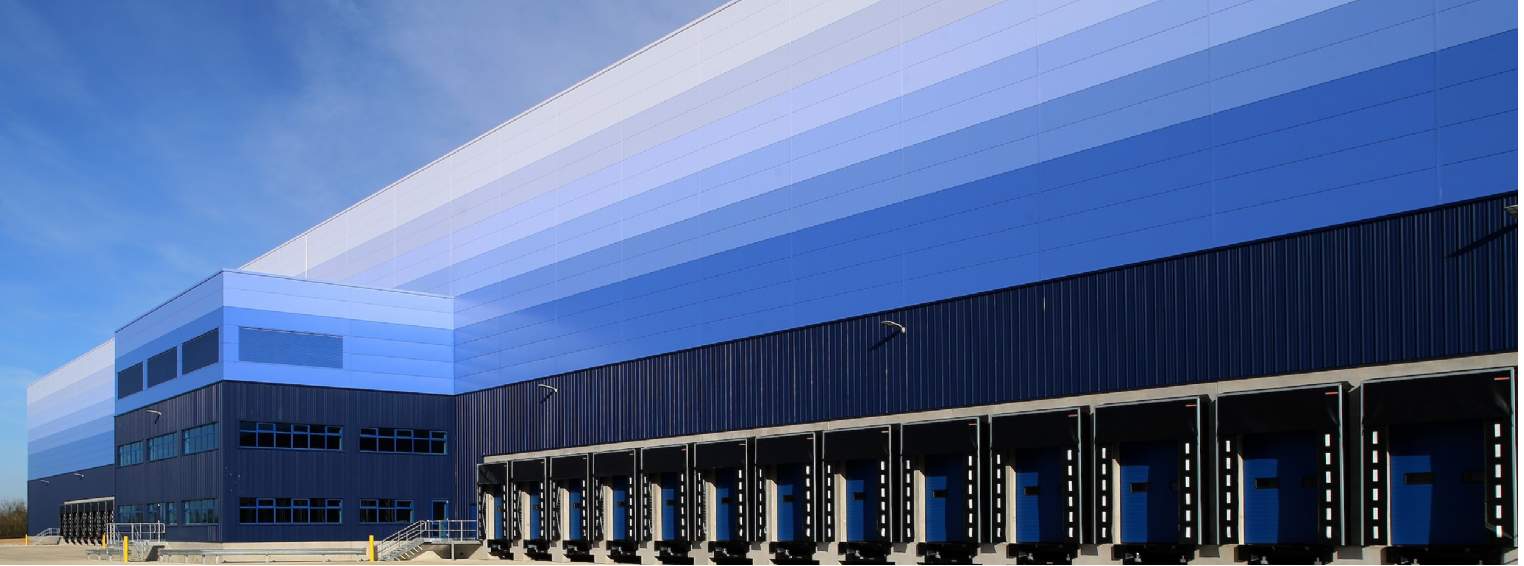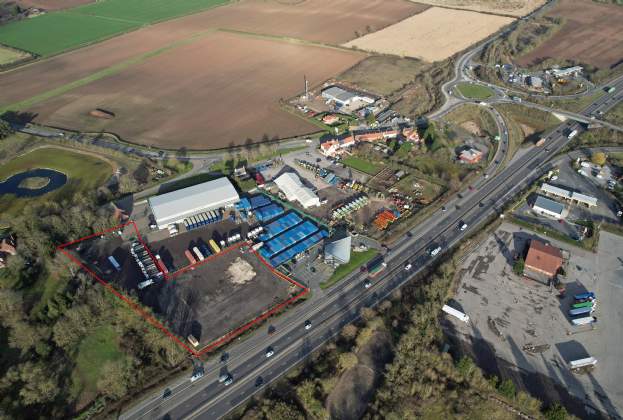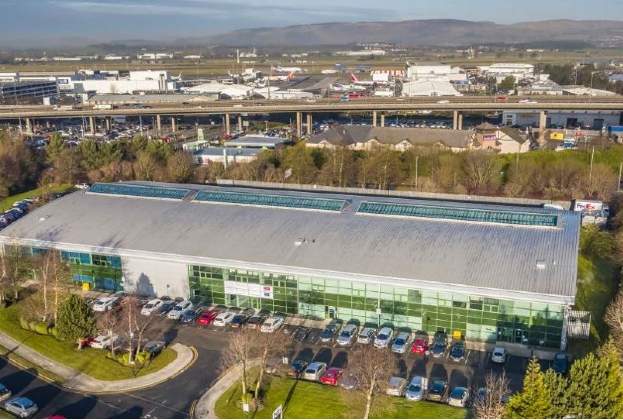There is no doubt that the last few years have thrown plenty of curve balls at industrial and logistics occupiers. Both Brexit and Covid-19 have provided numerous challenges, many of which were unforeseen. In fact, the 2020 annual Logistics Spotlight Sentiment Survey, run jointly by Savills, Tritax Symmetry and Analytiqa, saw both take the top spot for respondents as the biggest challenges facing the sector at 20 per cent and 20.7 per cent respectively.
However, prior to last year the challenges were far more industry specific. For example, in 2019 this question got a very different response. Rising rents came in at 46.3 per cent, a lack of supply at 25.9 per cent and availability of employment at 21.3 per cent; not too dissimilar to responses in 2018.
Yet, in 2020, these ‘traditional’ challenges dropped quite significantly down the list, as occupiers tried to navigate a global pandemic and new impending trade agreements that could operationally affect their businesses.
While this is unlikely to come as a surprise, what many did not anticipate was that despite these significant macro events, the sector would far exceed expectations, reaching record levels of take-up in 2020. Consequently, this has seen supply dwindle further and rents increase as a result.
With a roadmap now in place to ease lockdown restrictions and as we slowly find our feet in relation to the UK’s new trading position with Europe following Brexit, we could start seeing the more traditional challenges facing occupiers creep back up the list. What’s more, due to new market dynamics they could be more acute than ever.
So, what might this mean for occupiers who are looking to relocate?
Regardless of Brexit or Covid-19, businesses have always faced a highly competitive environment to procure the right space that allows them to make a profit within their marketplace. For example, third party logistics companies (3PLs) often work off low margins and, as a result, have less ability to absorb an increase in costs.
In practice, this means that those who put their relocation plans on ice in recent years may now struggle to find the right space, at the right price and in the right time frame.
While there is little that can be done about the market-driven fundamentals, such as availability and rental levels, all is not lost. There are numerous strategies available to control other occupational and business costs including seeking out and implementing revenue generation opportunities and deploying efficiency savings.
What is most crucial, however, is prioritising current real estate requirements in order to secure favorable terms in a market no longer governed by anomalous events.
The key, therefore, is to remember the challenges of the past when planning for the future.



.jpg)
.jpg)

.jpg)

.jpg)

.jpg)